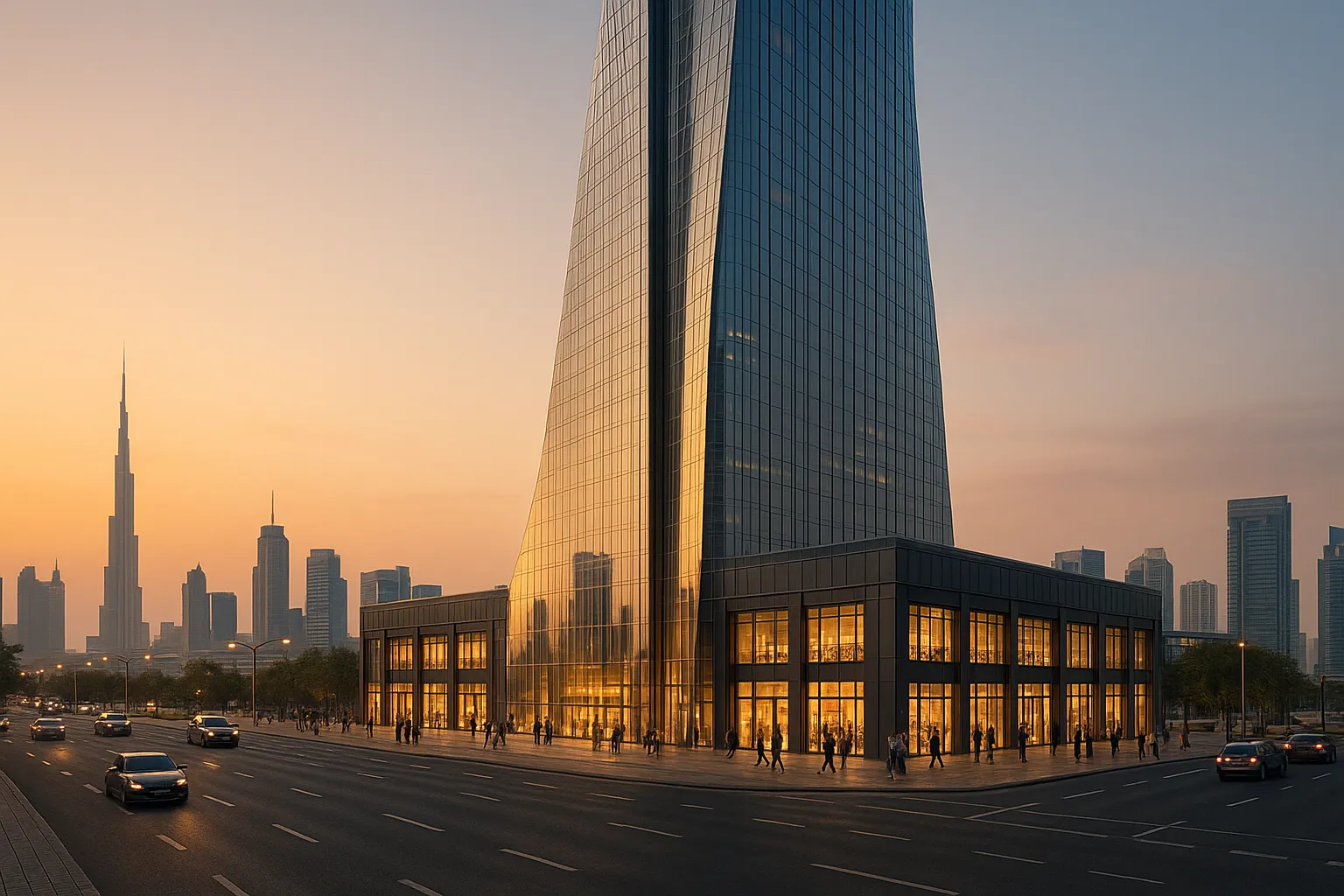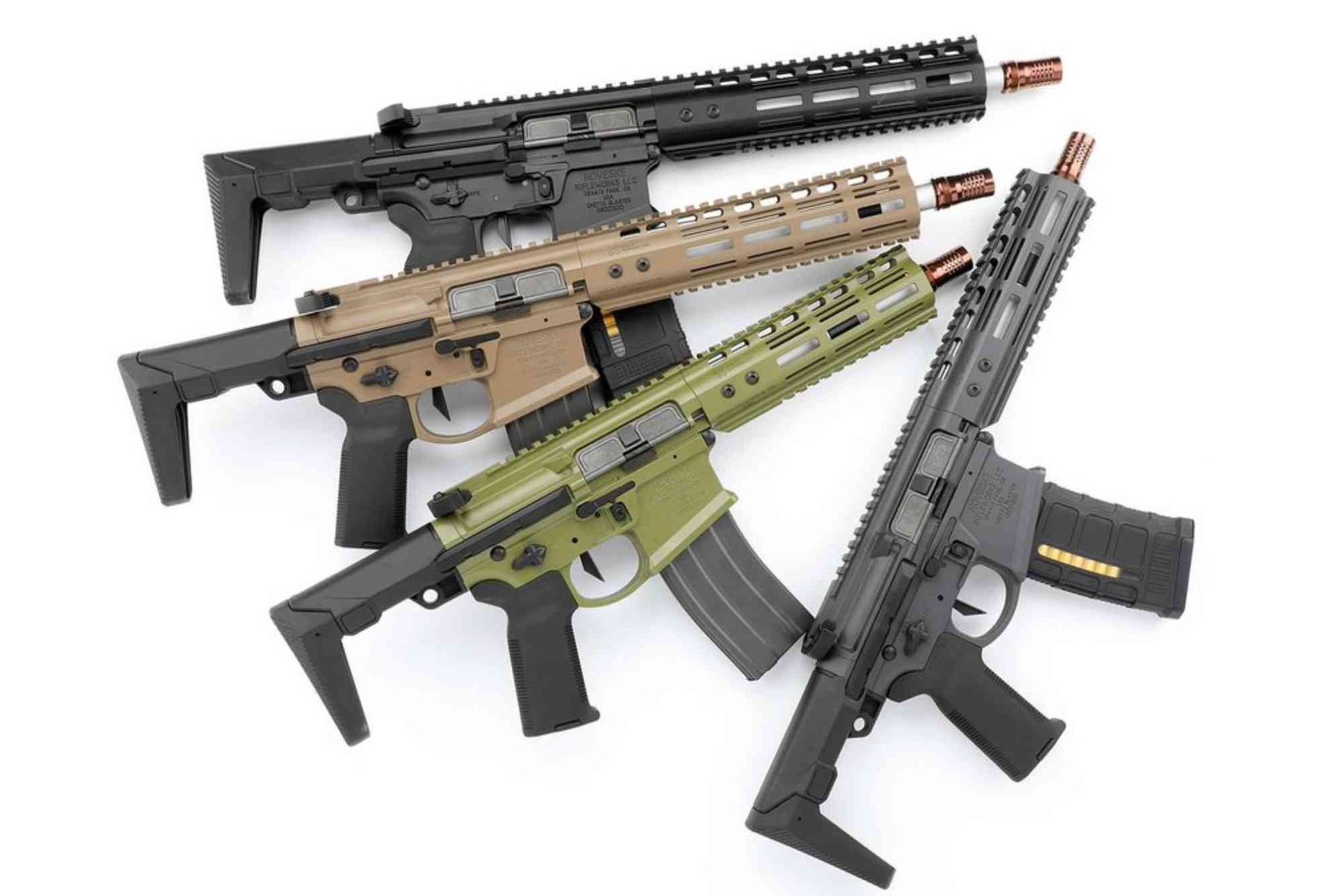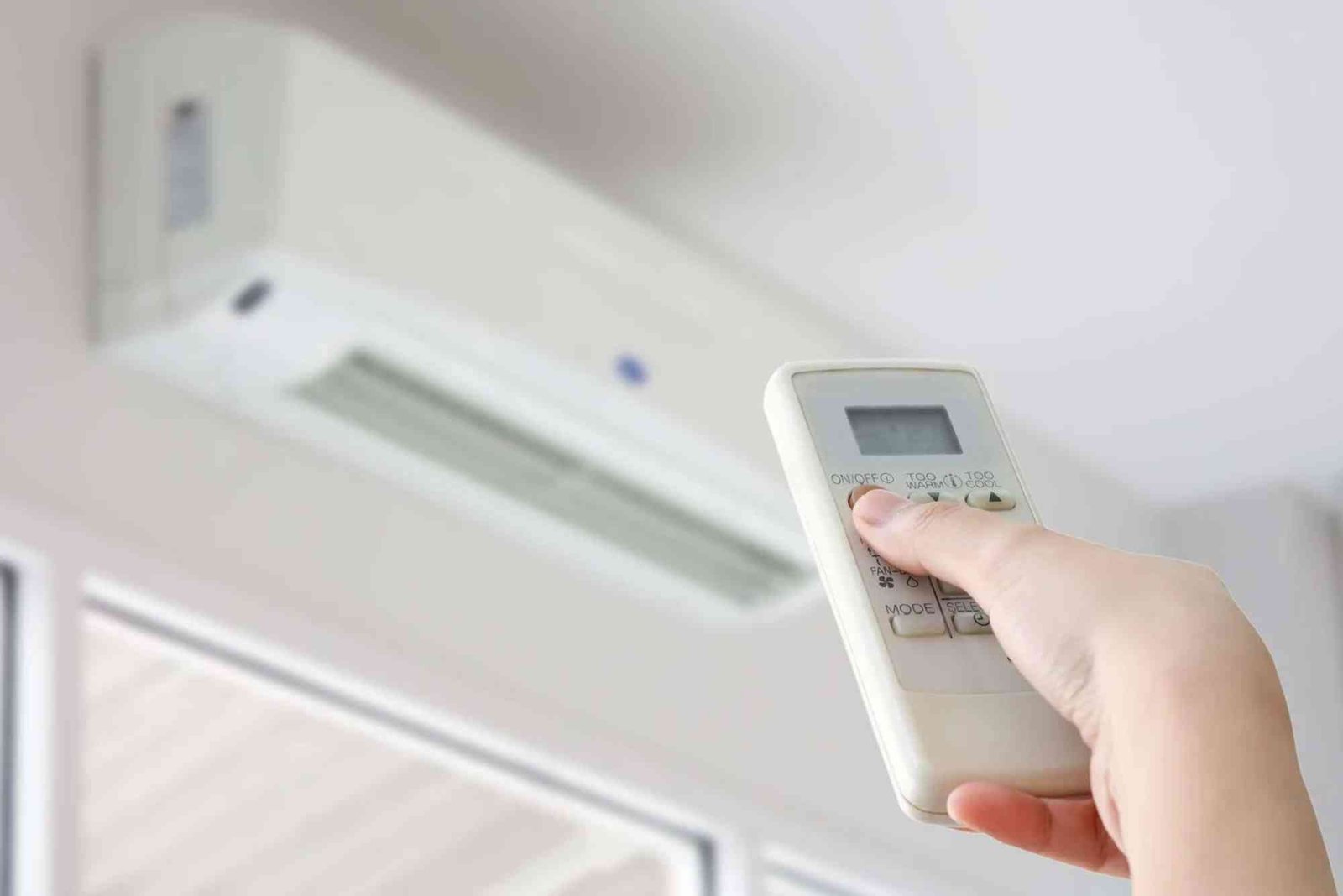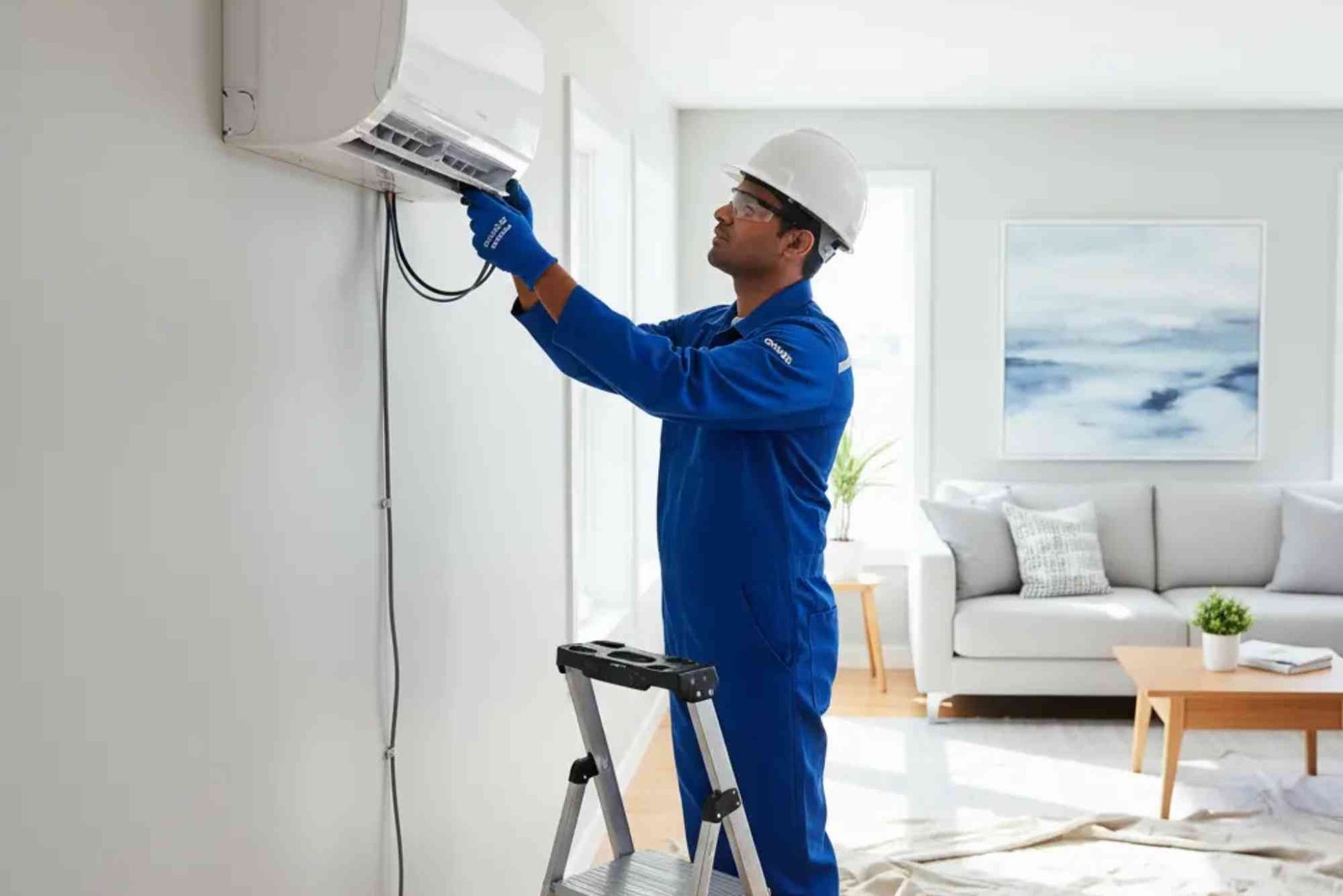The skyline of Dubai has long been synonymous with ambition and audacity. Each new skyscraper seems to outdo the last in height, design, or sheer spectacle. Among the most talked-about future landmarks is Trump Tower Dubai, a collaboration between The Trump Organization and a leading Dubai developer. While much has been said about its luxury residences and panoramic views, one question keeps surfacing among potential investors, tenants, and the general public alike: will Trump Tower Dubai include commercial units? In this deep-dive article, I explore the plans, market dynamics, and practical implications to help you understand what to expect from this marquee development.
Project Overview
Trump Tower Dubai is poised to be a striking addition to Dubai’s ever-evolving skyline. Designed by a world-renowned architectural firm, the tower promises to combine luxury living with state-of-the-art amenities. Plans unveiled so far highlight high-end residential apartments, private club facilities, and an observatory deck offering uninterrupted views of the Arabian Gulf. Yet, behind the gleaming façade and lavish interiors lies a broader vision that goes beyond just homes and leisure spaces.
Developers in Dubai recognize that mixed-use skyscrapers—which blend residential units, offices, and retail—tend to achieve higher footfall and generate more consistent revenue streams. This model not only benefits property owners through diversified income but also creates vibrant urban hubs where residents, visitors, and professionals interact seamlessly.
The Role of Commercial Units in Mixed-Use Developments
Mixed-use developments have become a staple of modern urban planning, especially in cities like Dubai that thrive on 24/7 activity. Commercial units—ranging from retail boutiques and cafes to professional offices—are integral to sustaining the energy and practicality of these complexes. For residents, having shops, restaurants, or essential services at their doorstep enhances convenience and quality of life. For investors and building owners, leasing out these spaces provides steady cash flow, often balancing the cyclical nature of residential real estate markets.
In Dubai’s hyper-competitive real estate environment, developers are keenly aware that standalone residential towers may struggle to maintain occupancy during market downturns. By contrast, a well-curated mix of commercial and residential spaces often withstands economic fluctuations more robustly. It is against this backdrop that the inclusion of commercial units in Trump Tower Dubai becomes not just plausible, but strategically smart.
Anticipated Commercial Offerings at Trump Tower Dubai
By the third paragraph of this discussion, it becomes essential to consider the official promotional materials. According to the developer’s site, <a href=”https://www.trump-tower-dubai.com/”>Trump Tower Dubai</a> is slated to feature street-level retail, cafes, and boutique office spaces. While exact leasing layouts have not been released, early renderings depict a multi-level podium framing the base of the tower—commonly used for commercial activities in Dubai’s landmark towers.
These commercial spaces are expected to cater to high-traffic businesses that complement the building’s luxury ethos: artisanal cafes serving specialty coffee, upscale boutiques showcasing international lifestyle brands, and wellness studios offering bespoke fitness or spa treatments. Office suites on intermediate floors would likely target boutique consultancies, legal firms, and fintech startups seeking prestigious addresses in the heart of the city.
Insights from Market Experts
I spoke with several real estate consultants and commercial leasing specialists in Dubai to gather ground-level insights. One industry veteran noted that “Prime retail and office space in mixed-use towers commands some of the highest rental rates in the city. Developers won’t leave those dollars on the table.” Another expert emphasized that Trump Tower Dubai’s central location near key business districts and tourist hubs further boosts the case for commercial units. “You need retail that appeals to both residents and tourists,” she explained. “Without that, footfall drops and the overall vibrancy of the project suffers.”
Interestingly, global investors often view commercial units in high-profile towers as lower-risk compared to residential apartments. Shops and offices can be reconfigured to suit evolving trends—like the rise of co-working or pop-up retail—making them more adaptable in uncertain markets.
Benefits for Investors and Tenants
From an investment standpoint, owning or leasing a commercial unit in Trump Tower Dubai could offer several advantages:
-
Diversified Revenue: Rental incomes from commercial tenants often display less volatility than residential tenancies, as businesses sign multi-year leases.
-
Prestigious Address: Brands and firms value the cachet associated with a Trump-branded property, translating into premium leasing rates.
-
Foot Traffic: A constant flow of residents and tourists in “town square” style podium areas can boost sales for retail operators.
-
Operational Synergies: On-site property management typically handles maintenance, cleaning, and security, reducing overhead for tenants.
For end users—be they business owners or employees—living above or adjacent to their workplace can cut commute times drastically and foster a stronger sense of community. Cafes just downstairs make casual client meetings effortless, while a gym on the podium level can double as both a health perk and a networking hub.
Real-World Examples from Dubai
Dubai has a track record of successful mixed-use towers incorporating commercial units seamlessly. Take Burj Khalifa, for instance. Its Armani Hotel and corporate suites occupy the lower levels, while the surrounding Dubai Mall and perimeter parks inject round-the-clock activity into the precinct. Similarly, The Address Downtown integrates luxury apartments, flagship dining venues, and exclusive retail, creating a micro-ecosystem that serves both locals and visitors.
In all these cases, the developers curated their commercial mix carefully, balancing daily essentials—such as grocery stores and pharmacies—with lifestyle and leisure options like rooftop bars and designer showrooms. This strategy has proved resilient through market cycles, providing a blueprint that Trump Tower Dubai is likely to follow.
Practical Considerations for Prospective Tenants
For entrepreneurs and corporate tenants exploring spaces in Trump Tower Dubai, timing and scale matter. Early adopters typically secure the best floor plans and rental rates before market hype drives prices upward. However, they assume construction and fit-out risks, which means they must have clear operational plans and sufficient financing buffers.
Those considering smaller boutique offices should assess how shared amenities—like parking, high-speed elevators, and conference facilities—are managed. Efficient access control and integrated building management systems often distinguish premium towers from average ones. Reading the fine print in lease agreements on service charges and amenities inclusion is also critical.
Concluding Thoughts
Will Trump Tower Dubai include commercial units? All indications point toward a resounding “yes.” The project’s location, developer strategies, and market dynamics in the UAE strongly favor a mixed-use model that combines luxury residences with vibrant, revenue-generating commercial spaces. From high-end retail boutiques to boutique office suites, these units are likely to play a central role in the tower’s ecosystem, enhancing both the lifestyle of residents and the overall investment appeal.
For investors, tenants, and curious onlookers, Trump Tower Dubai represents more than just another gleaming skyscraper—it embodies the interplay of luxury living and dynamic commerce that defines modern Dubai. By including well-designed commercial components, the tower will not only elevate Dubai’s skyline but also its retail and business landscape.




